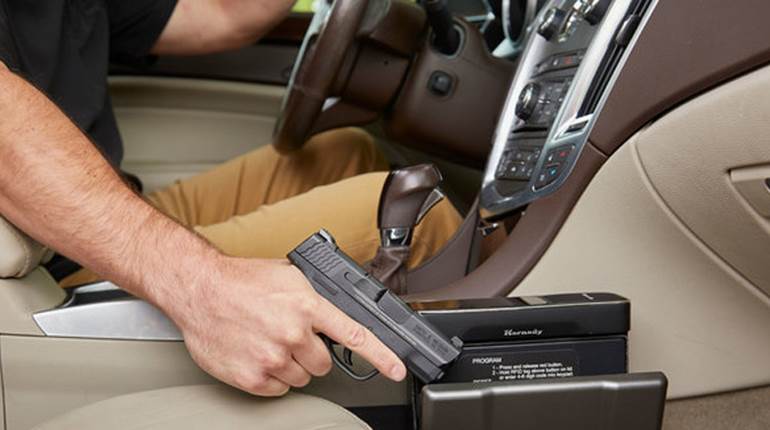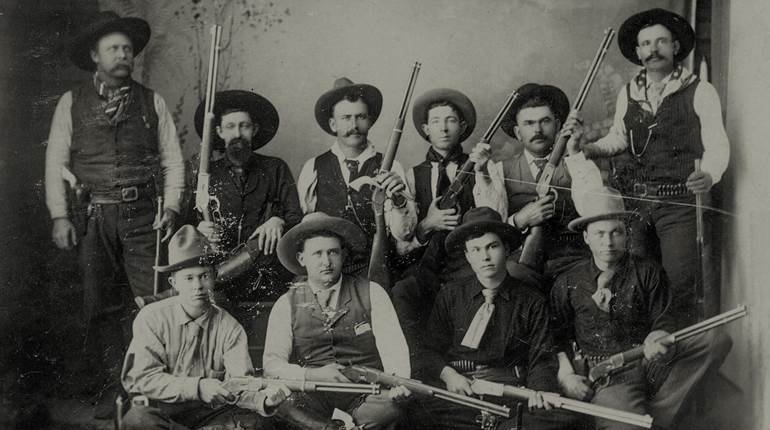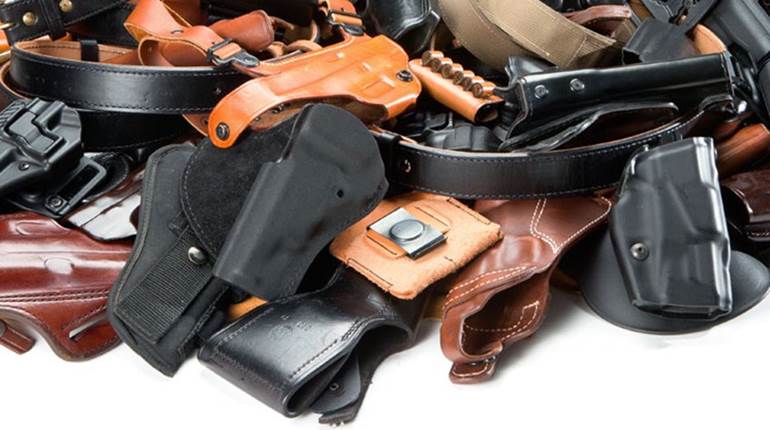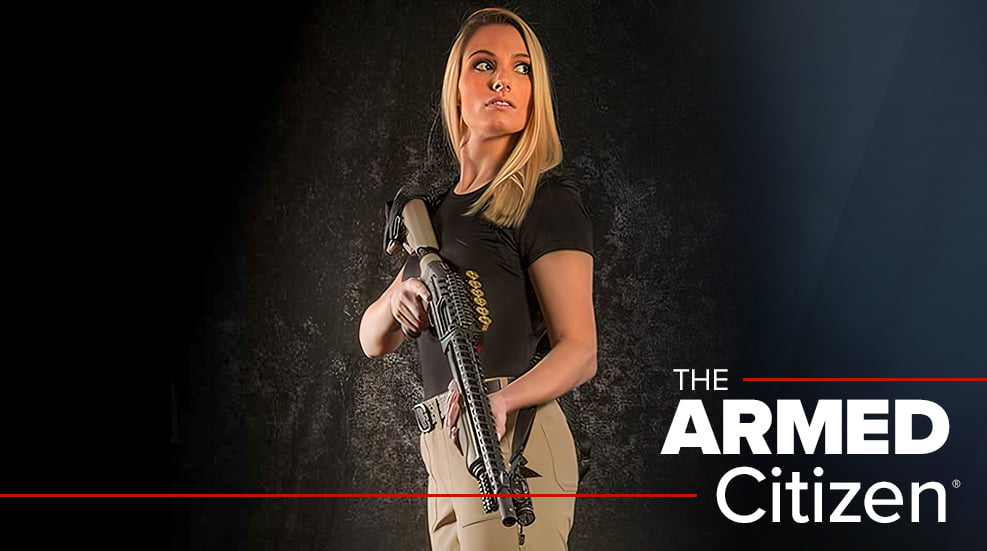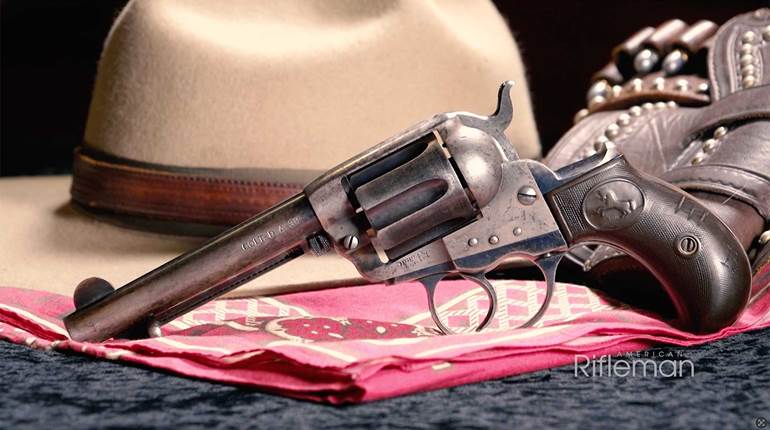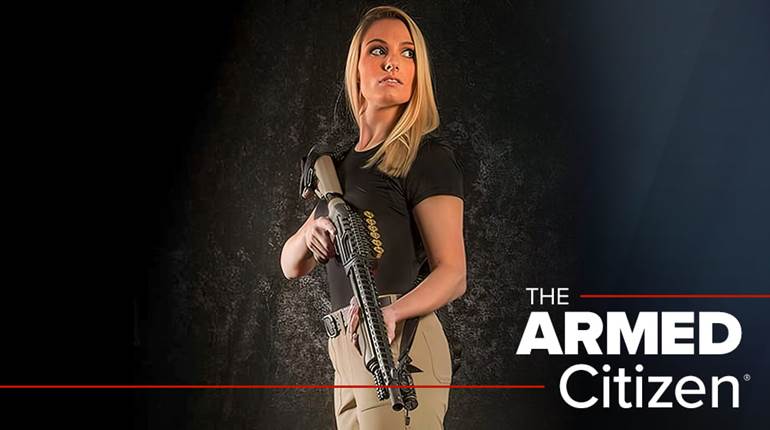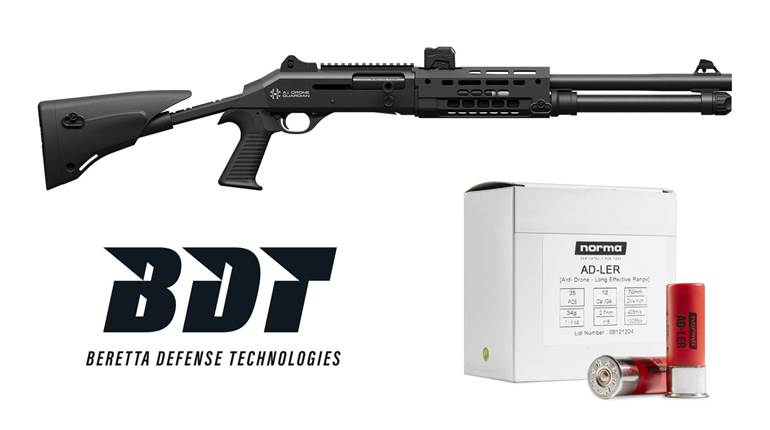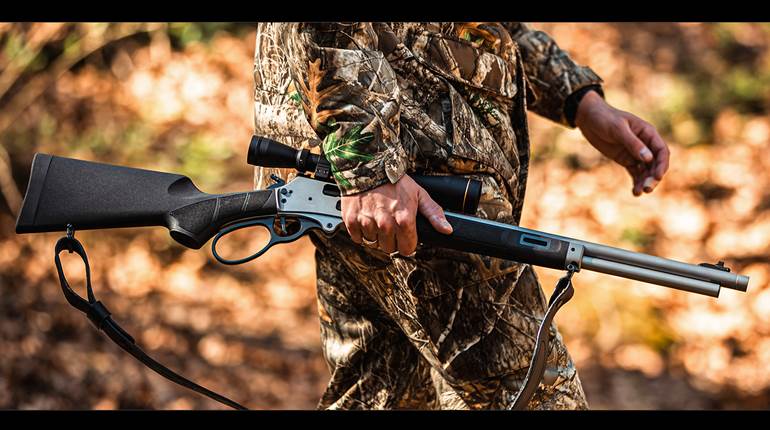
Personal-defense training and gear has become a big business. There is so much out there in terms of training, guns, ammo and equipment that the new shooter can easily be confused as to what is available and what is really needed. It is almost like wandering around in a maze. At best the process can cost a person a lot of time, money, and frustration. At the worst, it can get that person killed.
What follows are four easy-to-remember tips that will keep the new shooter headed in the right direction.
1. Get Professional Training
Personal protection doesn't begin with buying a defensive handgun, it starts with getting proper training. A professional training school does not teach a person to be a great action-shooting competitor, it teaches the student to fight. Consequently, a professional training school is run, or designed, by people who have actually fought. I know of only a handful of top-notch instructors who have not been in a gunfight and they teach at a school that was designed by a fighter. An instructor with experience truly knows what the student will be faced with in a deadly encounter. He didn't read about it somewhere; he lived it.
It is also wise to avoid defensive schools that make a big deal about all of their instructors having military background and experience. With all due respect to those who have actually served, the task of the soldier is different from that of the armed citizen. The soldier's task is to go to, or face, the sound of gunfire and he may have to fire numerous rounds to accomplish this task. The armed citizen should be taught to avoid conflict if at all possible and will generally only fire a few rounds when avoidance is not an option.
Good defensive training schools are expensive, so it important to make sure that money is spent wisely. A good school has a good reputation and is happy to give references. It is also quite specific about all of the costs and requirements involved in signing up for a class. Before committing, the potential student should talk to as many people who have received training at this school as possible. Check it out thoroughly, like it was some guy wanting to marry your daughter.
I have attended three training schools that I can recommend without reservation. They are the Gunsite Academy, the Sig Academy and Thunder Ranch. They meet all of the criteria that I have previously mentioned and are staffed by excellent teachers who do everything in their power to help the student succeed. Don't go cheap on your training.
2. Buy the Best Defensive Gear You Can Possibly Afford
Good defensive handguns and equipment are not cheap. However, the good news is that a good quality handgun will last for generations. The gun that I rely on most is a .45 Colt automatic that is over 40 years old. A good defensive handgun is a lifetime investment, so why not get a good one?
Remember that I said that getting good training was the place to start in becoming a defensive shooter? One might ask how that is done if you don't already own a suitable defensive handgun. It's quite simple, actually. In the course of signing up for your class, you tell them that you are a new shooter, answer any other questions they might ask and arrange to rent a school gun that the instructor feels is suited to you. While at the school it is a good idea to observe the guns and gear that the instructors are using. Don't be afraid to ask questions and don't be afraid to ask to try other guns that might be available.
Two common pitfalls in the quest for a defensive handgun are asking policemen and gun-store staff for advice. Sadly, most policemen just don't know much about defensive handguns except for the one that their department says they have to carry. Sales staff, on the other hand, rarely have any actual gunfighting experience and are prone to simply promote whatever guns the boss told them needed to be sold. The same goes for holsters, ammunition and other defensive accessories.
You are going to be paying good money for that defensive school. You are far better off letting that professional instructor guide you in finding the right defensive handgun, one that will actually suit you and meet your needs.
3. Internet Gun Forums are a Waste of Time
Well, that is not exactly true. Internet gun forums can be very entertaining, often better than watching sit-coms on TV. It's just that they are a wasteland when one is seeking good information. New defensive shooters have a ton of questions. And then, after completing a defensive handgun class, they have tons and tons of questions. Reading the blather of some nameless, faceless Internet gun “expert” is not the place to get good answers to those questions.
Remember that professional defensive school that you spent so much money on? That is the place to go for information and answers. Once you have completed a class at one of these schools, you become a part of its extended family. You will generally come away with your instructor's e-mail address and maybe even his/her phone number. That is the best place to go for answers to your questions about personal defense. Good instructors are happy to be of service and, besides, these contacts will often lead to additional training.
The exception to contacting your defensive instructor is when you are seeking legal advice. The best source for that information is a local attorney who specializes in criminal defense. Just as a word of caution, the legal advice you can get from the Internet gun forums is worse than their personal-defense advice.
4. Practice
The ability to shoot quickly and accurately, as with all other martial arts, is a rapidly diminishing skill. All of the good stuff that you learned at the defensive training school is wasted and lost if you don't practice it fairly regularly. The good news is that your defensive school knows this and will be happy to supply you with practice routines that you can take home and use to keep your skills honed. It is also a good idea to book additional training as often as you can. I try to take at least one class per year and would take more if my budget could afford it.
There you have it, four tips that will get your personal defense plan started in the right direction from the very beginning. If there were a fifth tip it would be, “Don't Go Cheap.” Wannabe instructors are a waste of good money. Sorry guns are a waste of good money. Ditto for sorry ammo and gear. Good personal-defense training and gear costs money. Only you can decide what your life is worth.













